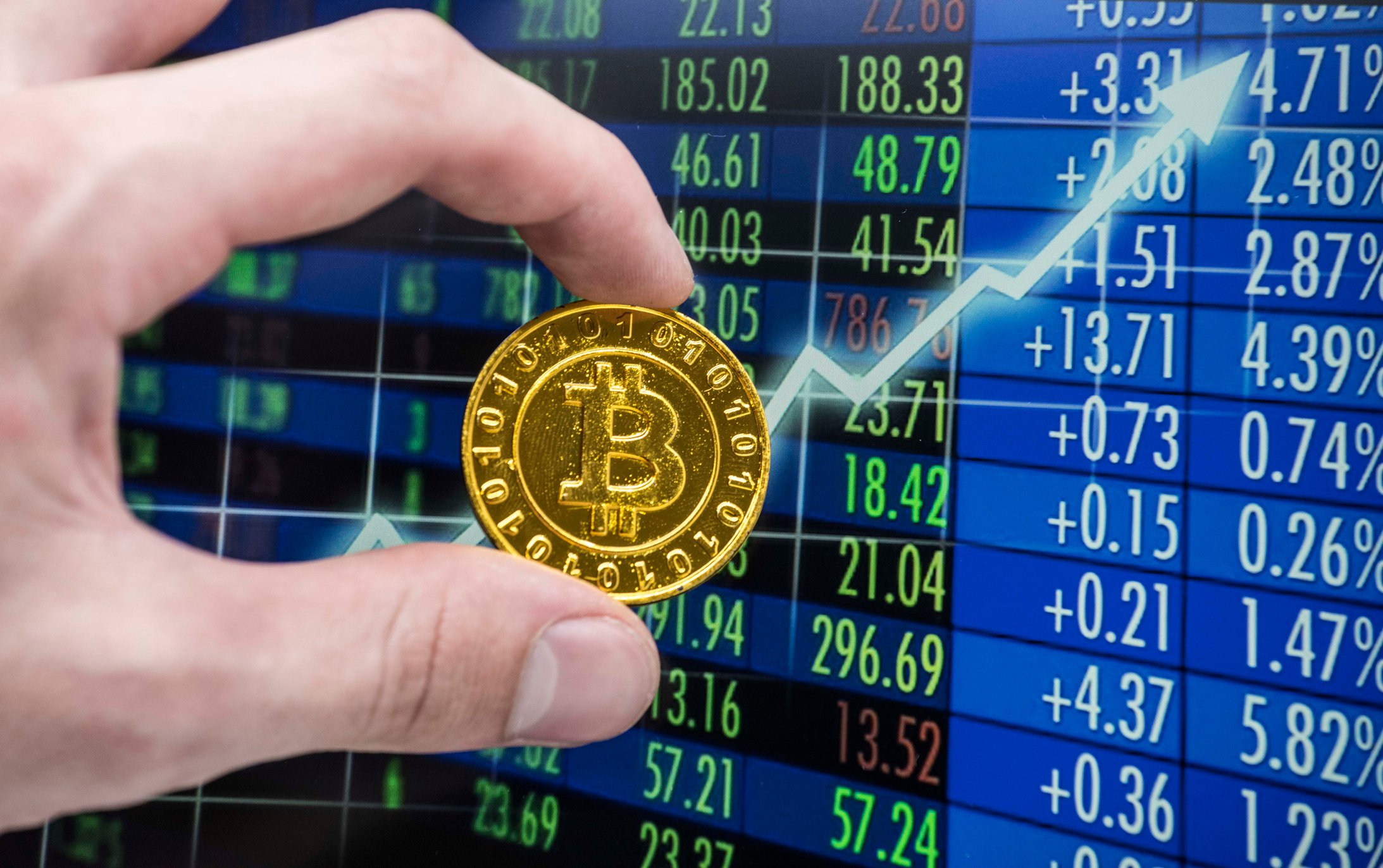After tanking in 2022, the cryptocurrency market has bounced back. The industry's current valuation of more than $2.2 trillion is a huge improvement from the $800 billion at the start of 2023.
Unsurprisingly, Bitcoin (BTC +2.01%), which is the most valuable digital asset out there, has benefited tremendously. It has soared more than 100% in the past 12 months. But it currently sits 16% below its all-time high (as of June 25) in March.
If you have $1,000 that you're ready to invest in the cryptocurrency market, then you should seriously consider Bitcoin. Here's why.
Many catalysts
This year has been marked by two key catalysts for Bitcoin that have likely helped drive up the price. In January, the Securities and Exchange Commission (SEC) approved the trading of spot Bitcoin exchange-traded funds (ETFs). This provides a regulatory compliant method for individuals and institutions to gain exposure to this crypto conveniently.
In April, Bitcoin's network underwent what's known as a halving. This event, which occurs about every four years, reduces the new supply of Bitcoin hitting the market. Historically, it has been an extremely bullish development for the digital asset.
Another catalyst that could provide a favorable backdrop for Bitcoin is the possibility that the Federal Reserve cuts interest rates. Maybe Bitcoin's price run in recent times is due to the market's anticipation that this will happen sooner rather than later.
When interest rates drop, it's a stimulative measure that encourages greater risk-taking by investors. The yields that can be earned on bonds, for example, will recede. And this can lead to more money flowing to riskier assets, like stocks and Bitcoin.

CRYPTO: BTC
Key Data Points
Escape the fiat system
Bitcoin's defining characteristics are that it isn't controlled by a single entity and that its ultimate supply has a hard cap of 21 million coins (about 19.7 million circulate now). Based on its current market cap of $1.2 trillion, this is certainly meaningful for some people.
At a high level, Bitcoin competes directly with fiat, or government-issued, currencies, as well as entire monetary and fiscal systems. It's easy to see why Bitcoin is superior.
The U.S. operates with a troubling fiscal deficit, which means the country's debt burden is seemingly ever-increasing. As of this writing, the U.S. has $34.8 trillion in federal debt, a figure that doesn't even include Social Security and Medicare liabilities.
Investors who start to learn more about Bitcoin and its unique properties might immediately realize that owning even a tiny bit can be viewed as a hedge against the troubles lurking within the current financial system.
Optionality
Perhaps the ultimate long-term goal of Bitcoin is to be utilized as a medium of exchange. And the network may also one day underpin larger transactions as a settlement method, like for banks or even governments. This would drive up demand for Bitcoin.
Block, the fintech and payments enterprise known for Square and Cash App, is working on advancing Bitcoin's utility in various transactional settings. As other companies start to invest resources into building out various supporting services for the crypto, Bitcoin could transition from a tool used mainly for financial gain to one that is the backbone of commerce and economic activity.
This bullish outcome could undoubtedly result in Bitcoin's market value rising even more during the next decade and beyond. However, it's so difficult to know when this will happen, or if it's even probable.
Even excluding this scenario, Bitcoin still looks like a smart investment opportunity today. A $1,000 allocation to the world's leading digital asset, as part of a well-diversified overall portfolio, could be a smart money move.






